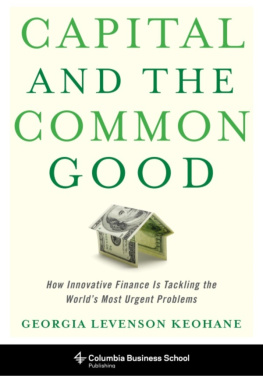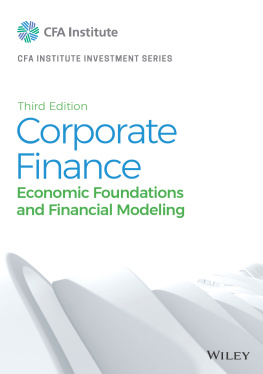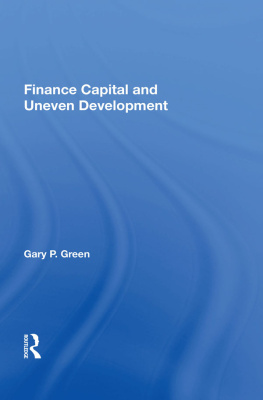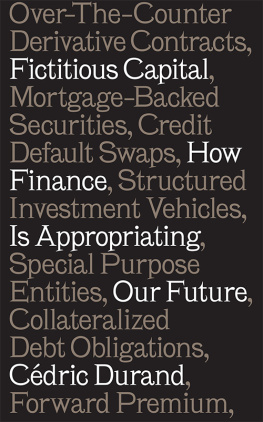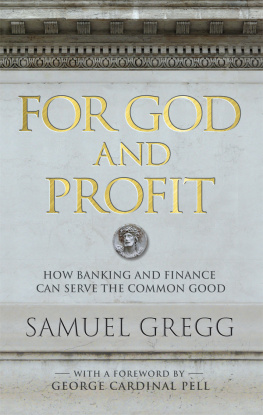Georgia Levenson Keohane - Capital and the Common Good: How Innovative Finance Is Tackling the Worlds Most Urgent Problems
Here you can read online Georgia Levenson Keohane - Capital and the Common Good: How Innovative Finance Is Tackling the Worlds Most Urgent Problems full text of the book (entire story) in english for free. Download pdf and epub, get meaning, cover and reviews about this ebook. year: 2016, publisher: Columbia University Press, genre: Politics. Description of the work, (preface) as well as reviews are available. Best literature library LitArk.com created for fans of good reading and offers a wide selection of genres:
Romance novel
Science fiction
Adventure
Detective
Science
History
Home and family
Prose
Art
Politics
Computer
Non-fiction
Religion
Business
Children
Humor
Choose a favorite category and find really read worthwhile books. Enjoy immersion in the world of imagination, feel the emotions of the characters or learn something new for yourself, make an fascinating discovery.
- Book:Capital and the Common Good: How Innovative Finance Is Tackling the Worlds Most Urgent Problems
- Author:
- Publisher:Columbia University Press
- Genre:
- Year:2016
- Rating:3 / 5
- Favourites:Add to favourites
- Your mark:
Capital and the Common Good: How Innovative Finance Is Tackling the Worlds Most Urgent Problems: summary, description and annotation
We offer to read an annotation, description, summary or preface (depends on what the author of the book "Capital and the Common Good: How Innovative Finance Is Tackling the Worlds Most Urgent Problems" wrote himself). If you haven't found the necessary information about the book — write in the comments, we will try to find it.
Despite social and economic advances around the world, poverty and disease persist, exacerbated by the mounting challenges of climate change, natural disasters, political conflict, mass migration, and economic inequality. While governments commit to addressing these challenges, traditional public and philanthropic dollars are not enough. Here, innovative finance has shown a way forward: by borrowing techniques from the world of finance, we can raise capital for social investments today. Innovative finance has provided polio vaccines to children in the DRC, crop insurance to farmers in India, pay-as-you-go solar electricity to Kenyans, and affordable housing and transportation to New Yorkers. It has helped governmental, commercial, and philanthropic resources meet the needs of the poor and underserved and build a more sustainable and inclusive prosperity.
Capital and the Common Good shows how market failure in one context can be solved with market solutions from another: an expert in securitization bundles future development aid into bonds to pay for vaccines today; an entrepreneur turns a mobile phone into an array of financial services for the unbanked; and policy makers adapt pay-for-success models from the world of infrastructure to human services like early childhood education, maternal health, and job training. Revisiting the successes and missteps of these efforts, Georgia Levenson Keohane argues that innovative finance is as much about incentives and sound decision-making as it is about money. When it works, innovative finance gives us the tools, motivation, and security to invest in our shared future.
Georgia Levenson Keohane: author's other books
Who wrote Capital and the Common Good: How Innovative Finance Is Tackling the Worlds Most Urgent Problems? Find out the surname, the name of the author of the book and a list of all author's works by series.

